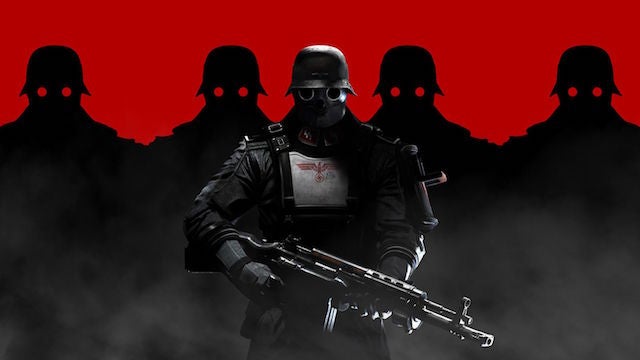Germany ends its decades-old Nazi video game ban

Video games involving Nazis are nothing new for most gamers throughout the world, but in Germany they officially didn’t exist – until now.
A ban on Nazi symbols in computer games has been lifted in the country, meaning that titles no longer need to self-censor in order to be legally sold.
Related: Best Xbox One games
“Symbols of anti-constitutional organizations can be used in a title, as long as it serves the arts or science, the representation of events of the day or history,” explained the USK, Germany’s rating body, in a statement (translated via Google).
Games going forward will now be treated on a case-by-case basis, with the main question being whether the symbolism is used for artistic or dramatic use, rather than as sympathetic propaganda to Nazi ideals.
Given most Nazi-themed games involve the slaughter of literally hundreds of Axis soldiers on a single playthrough, this feels like a reasonably easy bar to clear.
The ban has been in place since the 1990s, but hasn’t generally seen games made unavailable in the country. Rather, publishers have chosen to self-censor, with games keeping the same story and characters with direct references to Nazism stripped out.
The swastikas in Wolfenstein II: The New Colossus, for example, were replaced with triangles, while an appearance from Hitler is notable for the dictator’s lack of moustache.
Unsurprisingly, the German games industry generally seems pretty pleased with the decision to reverse the decades-old ban – and extra pleased at the tacit acknowledgement by the government that games are indeed an art form.
“Computer and video games have been recognised as a cultural medium for many years now, and this latest decision consistently cements that recognition in terms of the use of unconstitutional symbols as well,” said Felix Falk, from Game.de, Germany’s games industry association.
Related: Best PS4 games
“Many games produced by creative, dedicated developers address sensitive topics such as the Nazi era in Germany, and they do so in a responsible way that encourages reflection and critical thinking,” he continued.
“The interactive nature of games makes them uniquely qualified to spark contemplation and debate, and they reach younger generations like no other medium can.”
Does censorship change games? Let us know what you think on Twitter @TrustedReviews.


